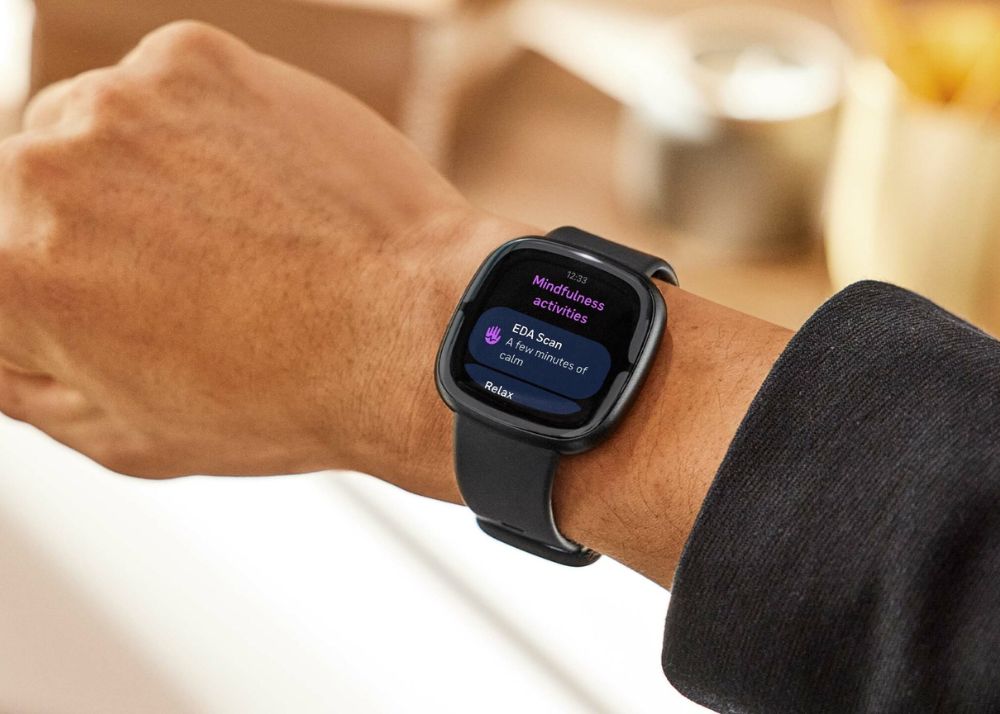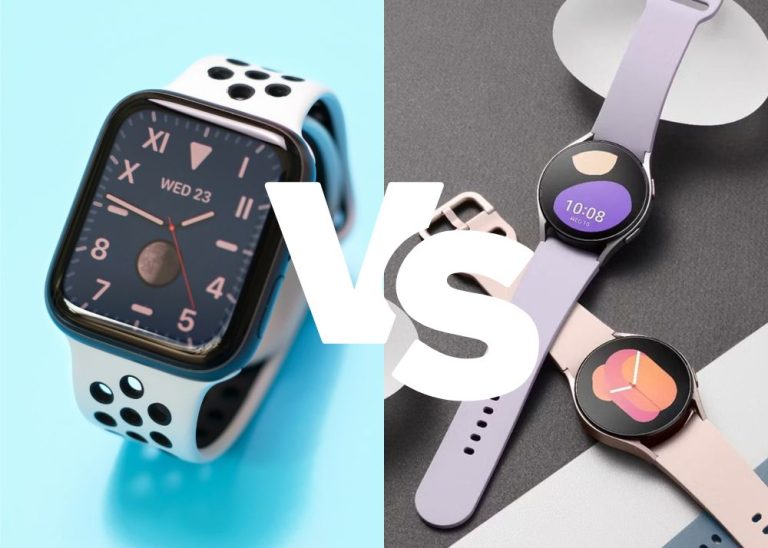Fitbit vs. Reality: How Accurate Are Fitness Trackers When Measuring Your Activity Levels
There have been numerous studies and tests conducted on the accuracy of Fitbits and other fitness trackers. One study published in the Journal of Science and Medicine in Sport found that Fitbit Flex and Charge HR devices were accurate in measuring steps taken, but less accurate in measuring distance travelled and calories burned. Another study published in the American Journal of Medicine found that Fitbit devices were accurate in tracking heart rate during rest and moderate exercise, but less accurate during more intense exercise.
Fitness Trackers are not intended to be a medical device
Despite these findings, it’s important to keep in mind that fitness trackers are not intended to be medical devices, and their accuracy may vary depending on a number of factors, such as the type of activity being tracked, the placement of the device on the body, and individual differences in physiology.
Advantages of Using a Fitness Tracker
Despite the potential limitations in accuracy, there are many benefits to using a fitness tracker like Fitbit. Here are a few advantages:
- Motivation: Fitness trackers can provide users with a sense of motivation and accountability. Seeing progress over time, such as an increase in steps taken or a decrease in resting heart rate, can be a powerful motivator to keep moving and staying active.
- Awareness: Using a fitness tracker can help individuals become more aware of their activity levels and habits. This can lead to positive changes in behaviour, such as taking the stairs instead of the elevator or going for a walk during a lunch break.
- Personalization: Many fitness trackers allow users to set personalized goals and track progress towards those goals. This can help individuals tailor their activity levels to their specific needs and preferences.
- Data tracking: Fitness trackers can provide users with valuable data on their activity levels, heart rate, and sleep patterns. This information can be useful for tracking progress over time, identifying areas for improvement, and making informed decisions about lifestyle changes.
Conclusion
While the accuracy of Fitbits and other fitness trackers may vary, these devices offer a range of benefits for individuals looking to lead a healthier lifestyle. From motivation and awareness to personalization and data tracking, fitness trackers can be a valuable tool for improving overall health and wellness. So if you’re considering a fitness tracker, be sure to do your research, choose a device that meets your specific needs, and use the data it provides to help you make positive changes in your life.




